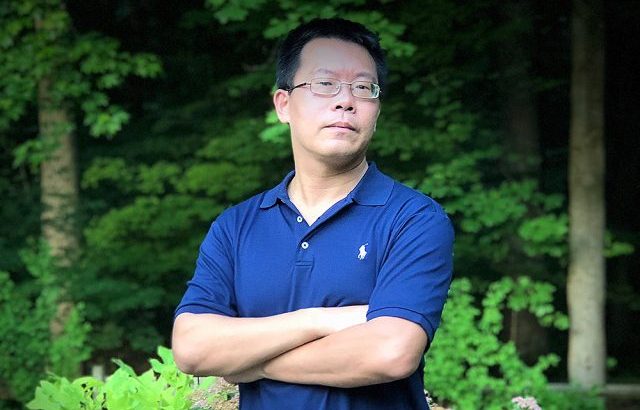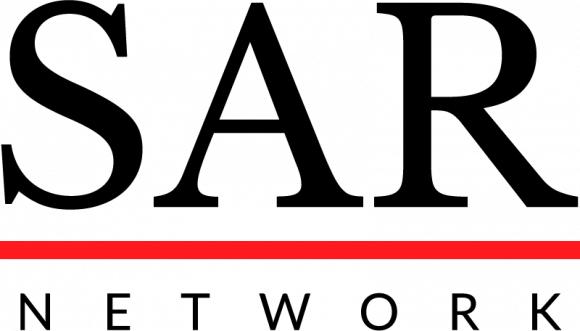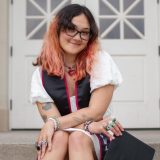
Censorship and Disinformation, the U.S. vs. China
May 11, 2022
The MA in International Studies Program (MAIS) was honored to have Dr. Teng Biao deliver his lecture, “Confronting Disinformation and Censorship: Lessons from China and the US” as part of the program’s newly launched Scholars-at-Risk lecture series.
Like its namesake organization, the Scholars-at-Risk lecture series gives space and advocacy to academics, writers, artists, and other intellectuals who are threatened in their home countries due to their work and research.
Dr. Biao’s lecture began in discussion of the dire state of intellectualism in China, describing a “brainwashing” of Chinese students. This is due in part to strict regulations of what can be taught, the inability of students to challenge teachers, and the removal of “blacklististed” teachers and professors who challenge the ideologies of the Chinese government.
The crisis is exasperated by limited internet availability and the imprisonment of journalists and writers deemed antagonist to the government. Indifference, fear, and self-censorship then marginalizes and ostracizes those individuals who speak out, further strengthening the  government’s grip on intellectualism and ideology.
government’s grip on intellectualism and ideology.
Then Dr. Biao pivoted; drawing attention to the complicity of international communities and the effective condoning of these actions by the Chinese government.
“There’s a double-standard,” Biao said, describing how many nations take a stance of holding a moral high ground, condoning China’s censorship and human rights violations, while at the same time continuing to not only do business with China, but take actions that protect relationships at the cost of academic and artistic freedom.
This double-standard Biao had experienced first-hand. Biao’s own book manuscript, accepted for publication by a major legal publisher, was suddenly and without notice rescinded. Only later did Biao find out the publisher feared retribution from the Chinese government and (perhaps even more so) the ability to sell their books in Chinese markets.
Biao drew the audience’s attention to this and other examples; such as the censoring of Disney and other films as they’re imported to Chinese markets, as well as universities refusing to host talks or lectures by certain individuals that might cost the institution relationships (or funding) from Chinese sources.
MAIS student Sara Altuwaijri asked Biao, given the international community’s strong reaction to Russia in light of the Ukraine invasion, can he foresee a similar standing up to China?
Dr. Biao was not optimistic. Drawing again on the Chinese double-standard, Biao described how, due to the size of Russian markets, the act of a company pulling out stores and forfeiting profits, create two completely different sacrifices.
McDonalds, for example, reported a 127 million loss over the closing of its approximately 847 stores across Russia.
Were it to do the same for its 3,790 stores in China, that cost would have upwards of half of a billion dollars.
Given the leverage of the Chinese market, Biao said, based only on the history and actions of companies so far, he could “never” see the same kind of stand taken against China.
Dr. Crystal Murphy, Associate Professor of Political Science and Director of the International Studies Program, asked Biao where he saw potential or promise, and what advice, given the increasing number of humanitarian crises world-wide, he had for students developing careers in human rights.
“We have a responsibility to tell the truth, to use knowledge to help people,” Dr. Biao said.
In China, given the increasing crackdown of the Chinese government, activists are still continuing their work in China and abroad. The same is true for crises across the globe. In an increasingly uncertain world, still activists and advocates are working tirelessly, and this is where Biao sees promise.


